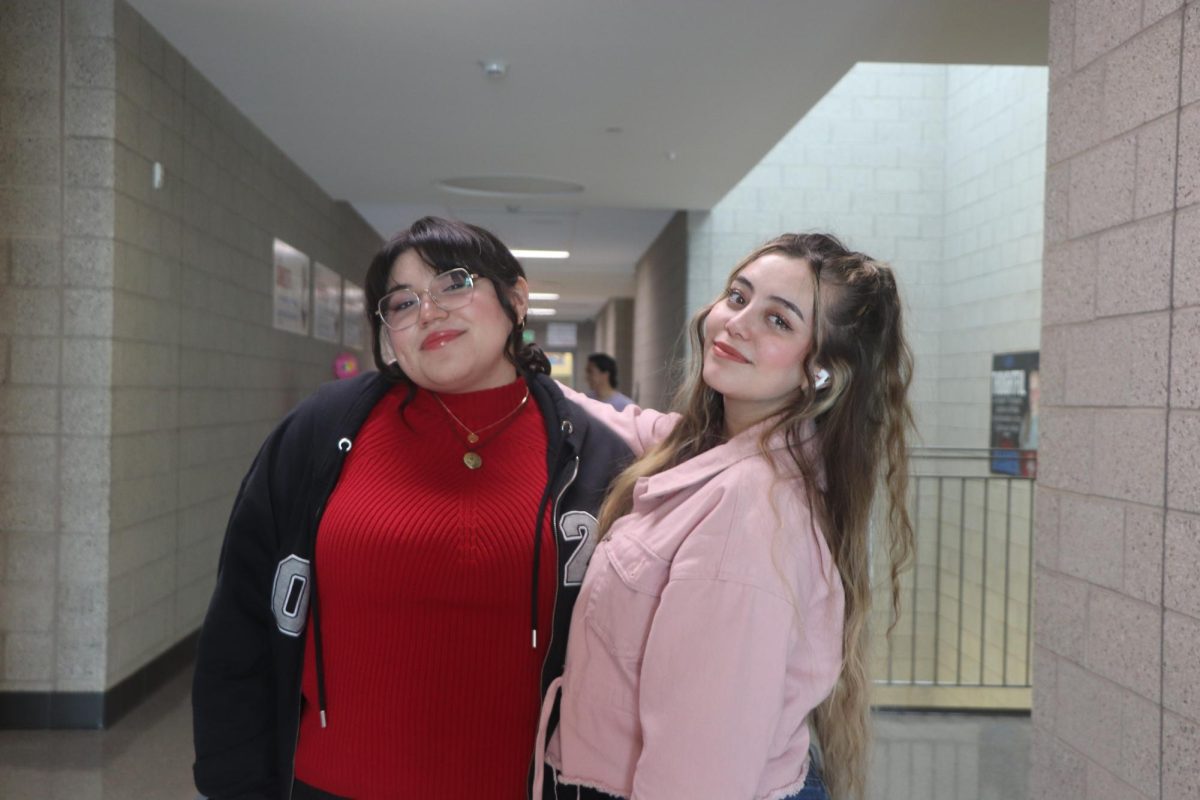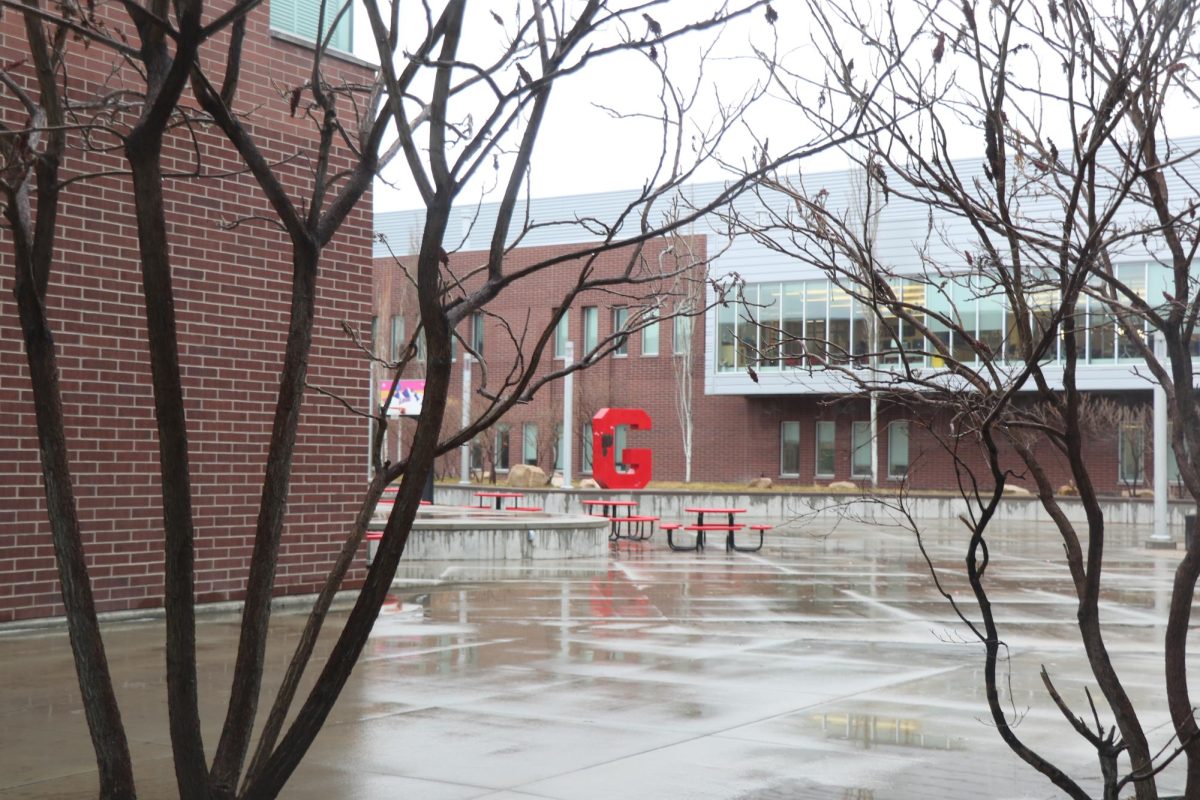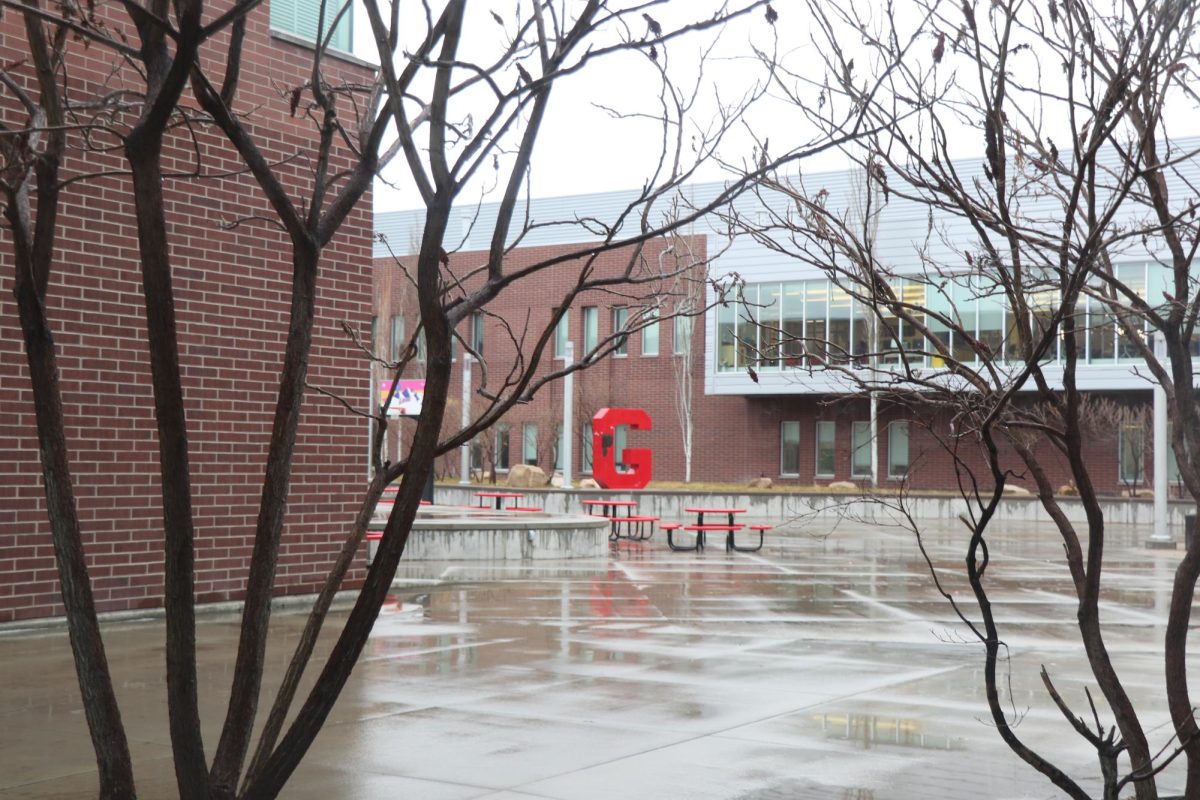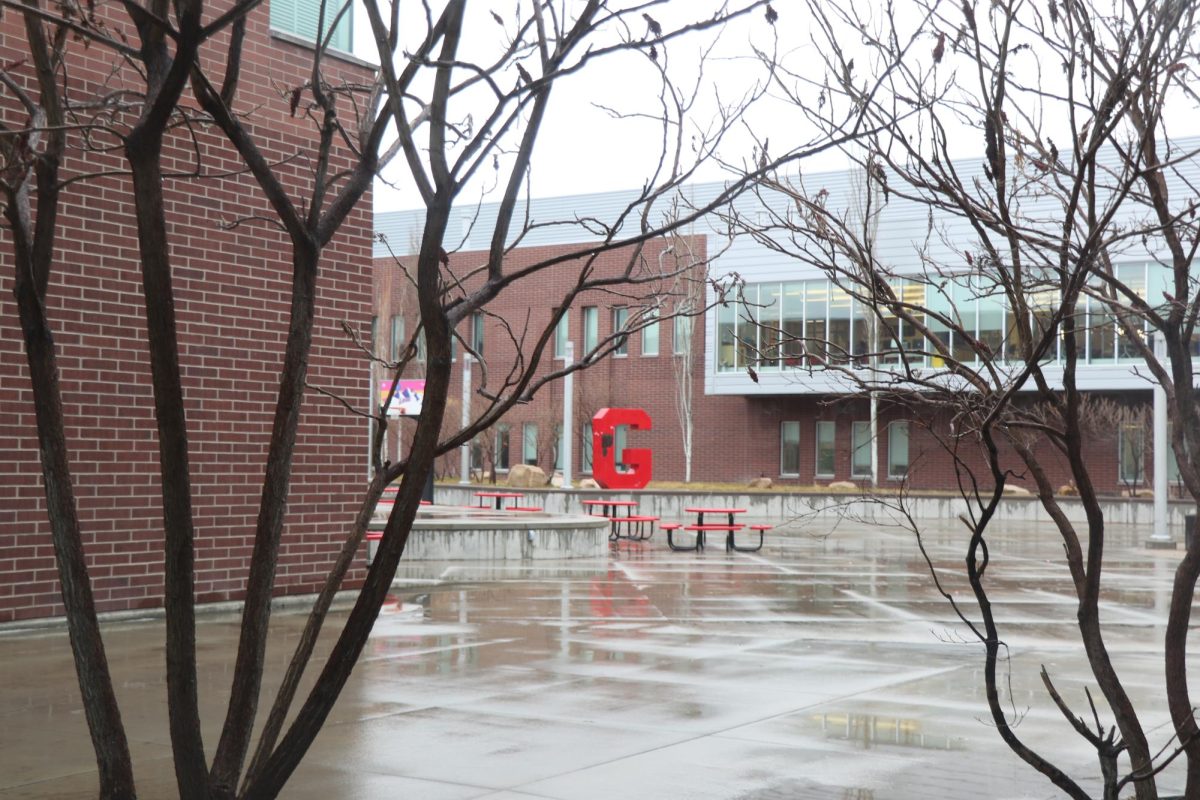It TAKES a lot of determination and hard work to learn a new language. It’s where goals are created, where a battle with time begins, and where opportunities to connect with others arise. At Granger High School, lots of students know more than one language. Learning a new language can look very different to everyone, but it’s safe to say that there are similar steps and emotions people go through when learning a new language.
Originally from Columbia, and currently living in Utah, Sofia Torres (12) speaks Spanish as her native language. She started learning English back in Columbia and said it took her nine years to learn English and be able to say that she is fluent in the language. “I’m still working on it. I know I have an accent and I know I forget a lot of words, but it took me one year to start speaking English, and then about two years speak it fluently, and then English slang took me nine years!”
Torres also says she is grateful that she learned English, although it was really stressful. “You never know when a language could be very useful. I didn’t know I was moving here, but thanks to ‘stressed Sofia’ from years ago, I am able to speak with my friends, understand classes, and connect with people who speak Spanish from all over the world,” she said.
Torres’s says that students shouldn’t refuse to learn a language. “It’s very complicated and you won’t understand anything at all, but do not give up,” she said. “Always try your best learning the language. It’s not easy because if it were easy, everybody would do it.” Her advice is to practice a lot and not be afraid to speak with an accent. “You literally know multiple languages. Why are you embarrassed by that? That’s just from where you are from. Be proud of it,” she said.
Kimberly Villalobos (12) has been learning ASL for about a year and a half now. “I realized so many things that I haven’t even thought about before. For example: every single place has culture. Whether we see it or not, deaf people have a culture. I had no idea! Although, once you think about it, you’re like, obviously. But there are so many different experiences that other people go through, and once you open those doors to that world using language, it gives you a whole new perspective of life,” she said.
Villalobos also speaks Spanish and English and says people should learn another language: “It’s fun. People should do it.”
Anayeli Valdez (12) used to attend American Preparatory Academy (or APA) where she learned how to translate Latin. Her household speaks Spanish, but she grew up in the U.S., so she speaks English, and lately, she has been learning French.
Through her studies, Valdez finds connections between many languages. “It depends on the language. Every language that I’ve been learning is related to English. They all have roots in Latin, so you can take words from each other and know them for other languages. Like French: obviously Latin, English, and Spanish all derive from the Latin tree. Korean, on the other hand, is a lot more difficult because I have no relation to it. Its entire sentence structure is different —everything is different— so it’s more difficult.”
Valdez thinks that learning a new language is easier once someone knows another language. Valdez says that because she already studied Latin, learning French has been super easy. “French is so much easier than it would be if I didn’t know any other languages because I have Spanish, English, and Latin under my belt.” Valdez says people should learn vocabulary and sentence structure first.
“Honestly, vocabulary is the biggest thing in every language. If you don’t know the vocab, you can’t really do much. But also, if you don’t know how to put sentences together, you can’t speak it. Look at the media and get involved in the stuff you want to learn,” Valdez said.
These students expressed how grateful they are for being able to speak more than one language, and after talking to them, it’s obvious just how hard they have worked. The benefits of knowing more than one language are the best. Multi-lingual students connect with people from different cultures, get new perspectives on life, and get to experience new things like music, movies, and food!









